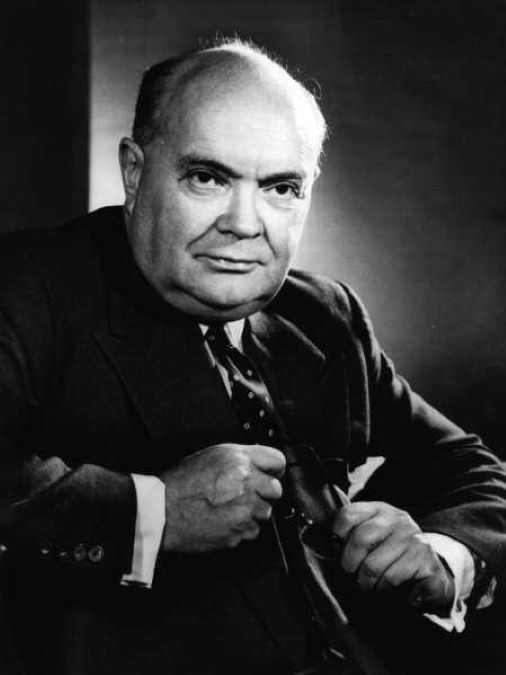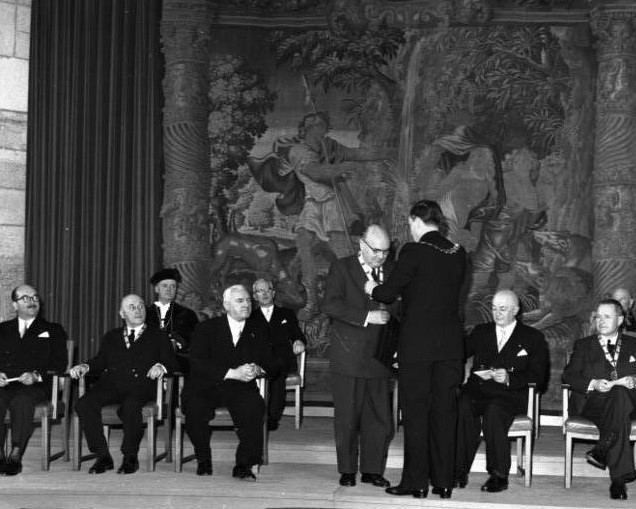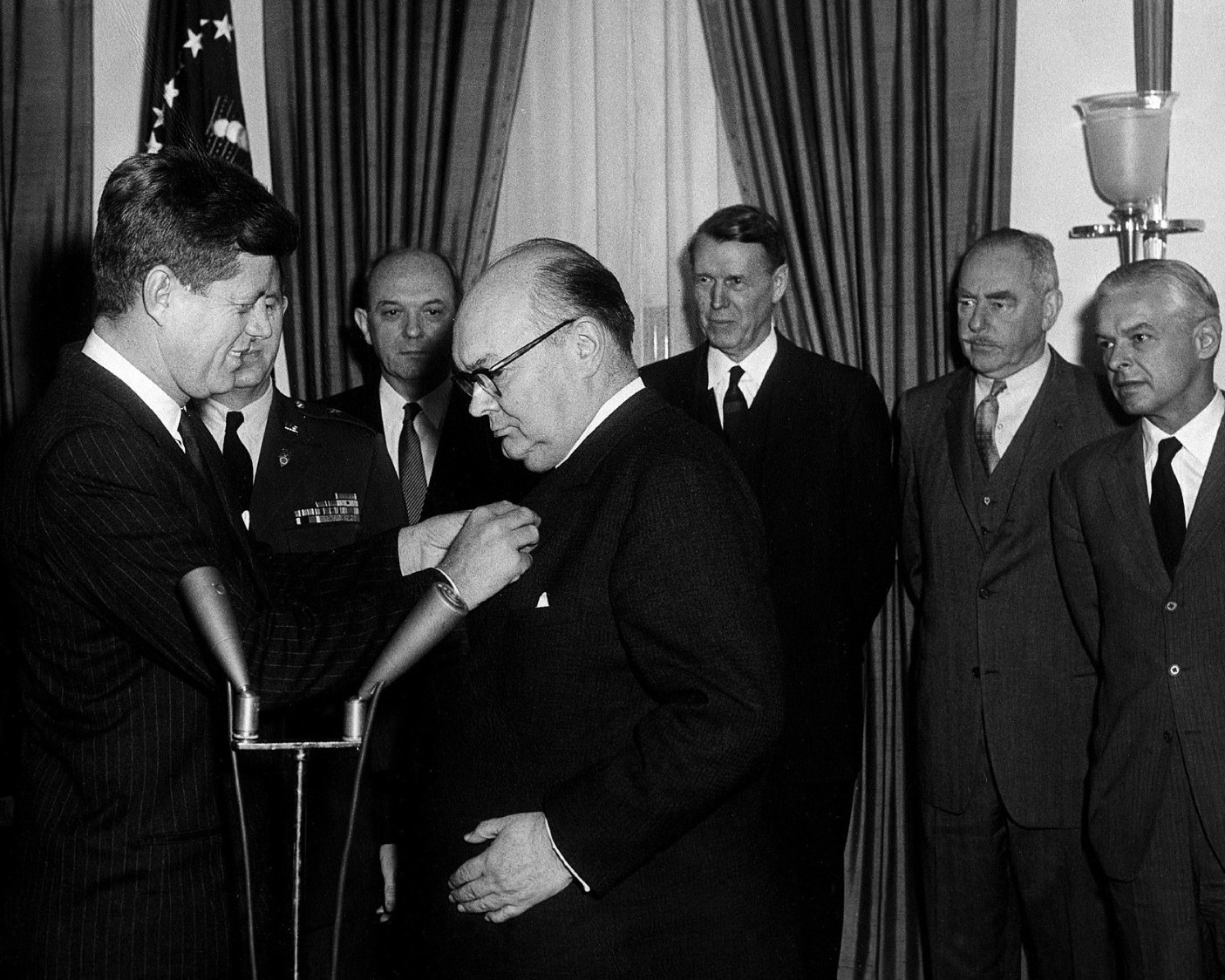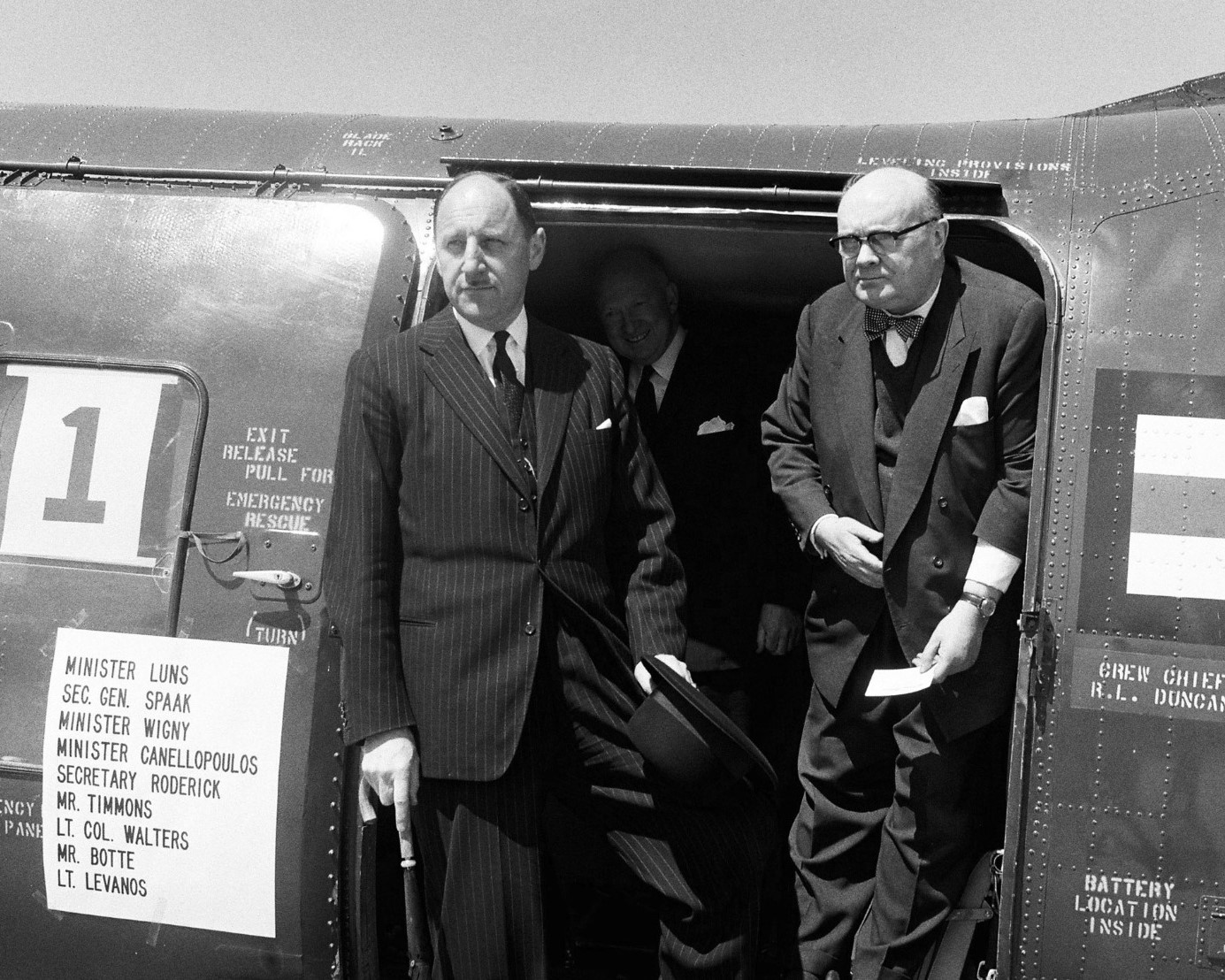Full name:
Paul-Henri Charles Spaak

"A European visionary and talented persuader"
Paul-Henri Charles Spaak
25 January 1899, Schaerbeek, Belgium
31 July 1972 (aged 73), Braine-l'Alleud, Belgium
- Paul-Henri Spaak

Paul-Henri Spaak conferred the Charlemagne Prize, 1957

Paul-Henri Spaak receives the Medal of Freedom (1945) from President John F. Kennedy, 1961

Secretary General Paul-Henri Spaak on mission with Dutch Foreign Minister Joseph Luns